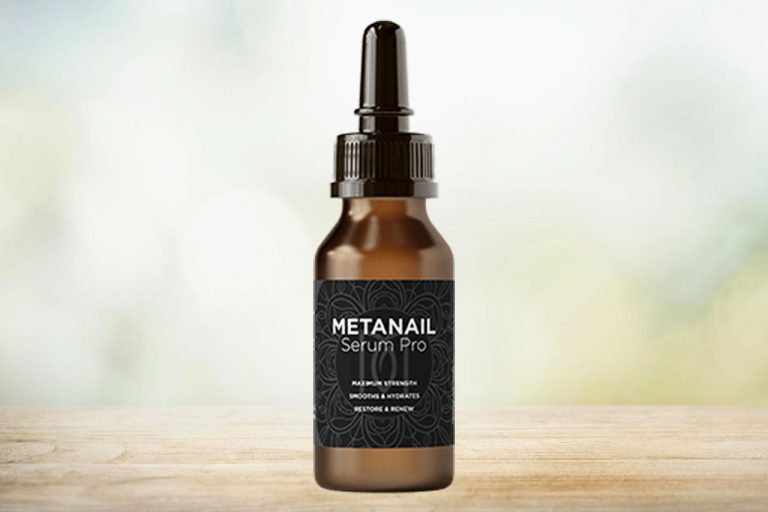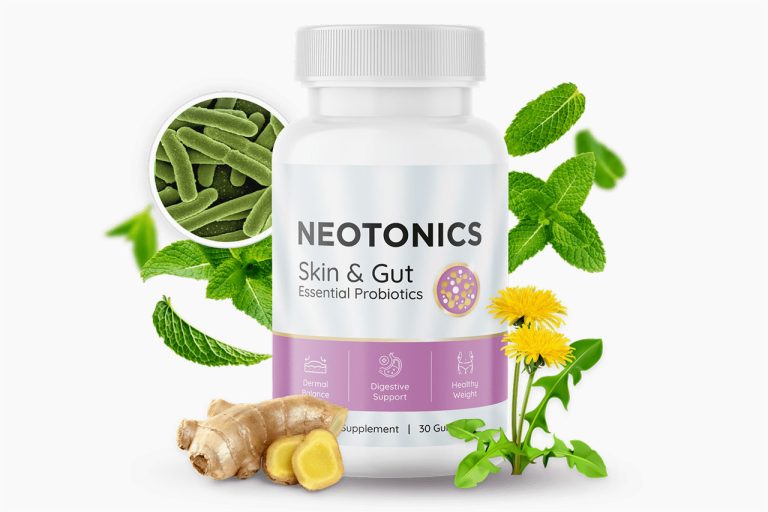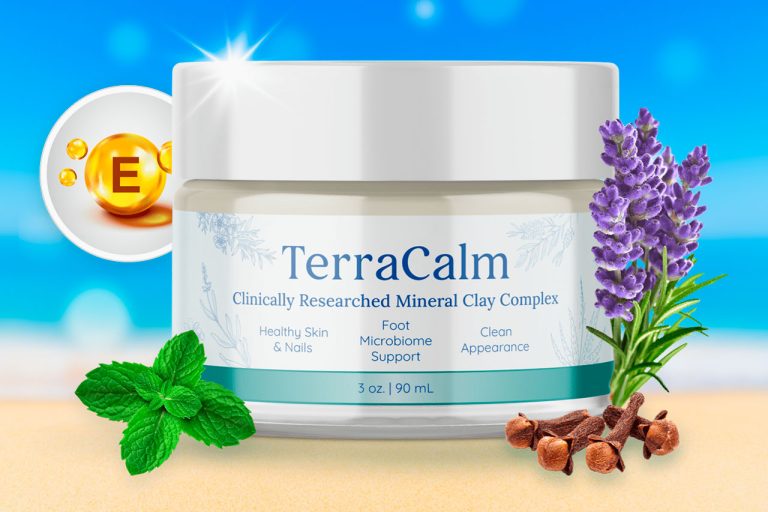Eating Habits:
- Eat small and frequent meals. Do not over fill your stomach with a large meal.
- Avoid any foods that seem to aggravate your symptoms, especially chocolate, spearmint, peppermint, tomato and citrus fruits and juices, tea, the cola’s and spicy, acidic, or fatty foods.
- Limit coffee or other caffeine-containing beverages to two or three servings per day.
Personal Habits:
- Avoid cigarettes (or any other form of nicotine). If you cannot stop smoking, at least try to decrease the number of cigarettes you smoke.
- Restrict your alcohol intake to no more than two drinks per day.
- Avoid wearing tight-fitting clothes that can increase pressure on the abdomen.
- If you are overweight, try to lose weight. Excess weight increases the amount of pressure constantly placed on your stomach. Even small amounts of weight loss may help.
- Avoid exercising, straining, or bending over immediately after eating (bend at the knees).
Sleeping Habits:
After eating, wait at least 3 hours before lying down.
Elevate the head of your bed about six inches with wood blocks. Using extra pillows is not a good substitute but use of a foam wedge beneath the upper half of the body is a suitable alternative.
Medication Use:
Many medications, especially aspirin and aspirin-like products used for arthritis (Ibuprofen, etc.), may adversely affect your condition. Long-term use of anti-inflammatory medications puts you at high risk for gastrointestinal irritation and ulceration. Be sure to let your doctor know of all medications and over-the-counter products that you take on a regular basis.
Treatment:
Most patients with GERD achieve adequate symptom control and esophageal healing through a combination of lifestyle modifications and drug therapy and therefore do not require surgical intervention. The ultimate goal of treatment is to minimize exposure of the esophagus to refluxed stomach juices, thereby relieving symptoms, healing the esophagus, preventing complications and maintaining remission while improving quality of life. The intensity of treatment is based on the frequency and severity of symptoms.
Symptoms two days per week or less (mild to moderate symptoms):
Antacids, like Maalox®, Mylanta® or Gaviscon®, remain the drugs of choice for quick relief of symptoms associated with GERD. Although antacids are effective in relieving symptoms, they are not recommended as sole agents for treating GERD because of the high dosage requirements. They are commonly used in combination with over-the-counter H2-receptor blockers, like Zantac®, Pepcid®, Axid®, or Tagamet®. These agents do not act as rapidly as antacids but they provide longer relief of symptoms. Because of their slower onset of action, H2-receptor blockers can be used to prevent GERD symptoms (before that meal that you think will cause GERD).
Symptoms more than two days per week (moderate to severe symptoms):
Symptoms that continue at this frequency and intensity puts one at higher risk for complications even if medications are currently being used. This problem should be evaluated and treated by a physician. Diagnostic studies may be indicated to evaluate for esophageal erosions or other complications of GERD. Medications of higher potency are available by prescription and are often used continuously for 8-12 weeks. If symptoms are well controlled after this time, and no erosions were documented or suspected, the medications might be reduced to an “as needed” basis. A modification in treatment, and possible further evaluation, will be indicated in those who remain symptomatic after 8-12 weeks of continuous therapy.
Maintenance Therapy:
GERD has a high recurrence rate because no currently available medication is able to correct the underlying cause or causes of the disease. The need for maintenance therapy depends largely on the severity of the disease and the persistence of symptoms after the withdrawal of initial medical therapy.
Surgery:
Surgery should be considered in patients who fail medical therapy or develop complications from GERD. Surgical intervention has been shown to provide long-term relief of symptoms. The Nissen fundoplication procedure has a cure rate of up to 90 percent. This operation can now be performed laparoscopically in about 2 hours (usually followed by an overnight stay in the hospital). The purpose of the fundoplication procedures is to reduce a hiatal hernia and restore the competence of the gastroesophageal junction by constructing a valve mechanism.
see also Gastroesophageal Reflux Disease




